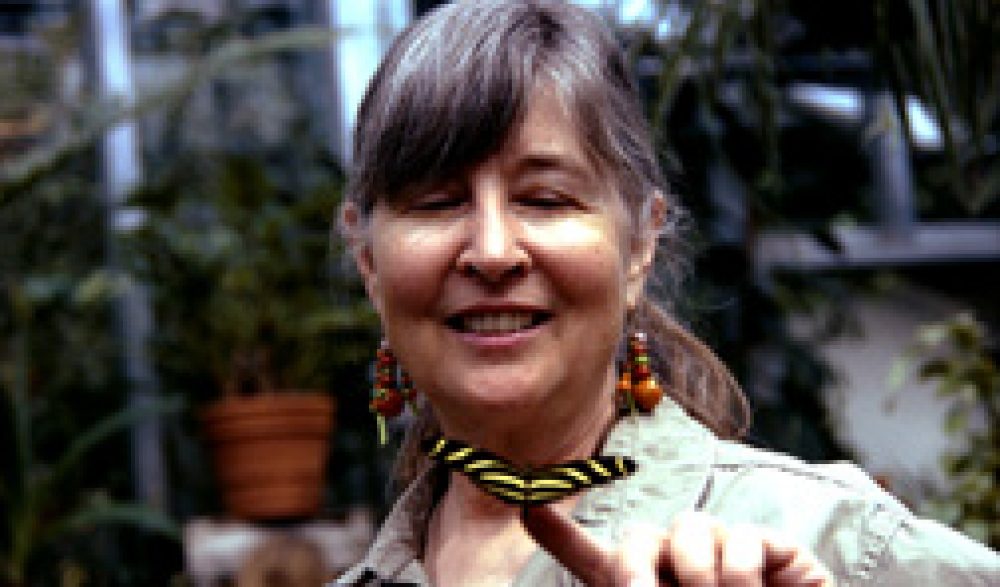Dr. Ralph Blocksma became the first plastic surgeon to work full-time in the Third World, arriving in Lahore just after the bloody Partition between India and Pakistan, Hindu and Muslim. We children rarely saw him. Having to choose between working a miracle in somebody’s life and taking time with his kids must have been hard on his fun-loving heart, for my father was a playful man, affectionate and generous with hugs. Of medium height, handsome, his dark hair and square hands always carefully groomed, he appears in my childhood memory mostly in his medical whites, leaning over my pillow to kiss me good night.
But once in a while, late in the evening when we should have been in bed, we children were allowed to listen to my father exhibit his phenomenal memory, theatrical gifts and passionate love of verse. Inspired by a hearth fire on a chilly night during the rainy season, my father would take off his horn rim glasses and gather us round like so many campers on the Isle Royale canoe trips he led years before as a counselor at Camp Hayo-Went-Ha, and recite without so much as a pause— except, of course, for dramatic effect—The Cremation of Sam McGee, by Robert Service.
Oh, how we’d shiver while our dad would be almost possessed by the horrors that plagued that poor man. He spoke with conviction, as one who had been there, who believed every word of this awful tale, until we believed every word too. We could practically smell the burning flesh, the acrid singeing hair. “Ralph, you’re going to give them bad dreams,” my mother might chide, but she never made him stop. Who could resist my father’s smooth voice as it poured out the terrible tale?
“There are strange things done in the midnight sun
By the men who moil for gold;
The Arctic trails have their secret tales
That would make your blood run cold;
The Northern Lights have seen queer sights,
But the queerest they ever did see
Was that night on the marge of Lake Lebarge
I cremated Sam McGee.
Now Sam McGee was from Tennesee, where the cotton blooms and blows.
Why he left his home in the south to roam ’round the Pole, God only knows.
He was always cold, but the land of gold seemed to hold him like a spell;
Though he’d often say in his homely way that he’d “sooner live in hell.”
On a Christmas Day we were mushing our way over the Dawson Trail.
Talk of your cold! through the parka’s fold it stabbed like a driven nail.
If our eyes we’d close, then the lashes froze till sometimes we couldn’t see;
It wasn’t much fun, but the only one to whimper was Sam McGee.
[Please click HERE https://www.poetryfoundation.org/poems-and-poets/poems/detail/45081 to read the entire tale. Don’t skip it!]
What a time a we had, and we’d beg our dad to tell us another, do. He’d tilt in his chair, and as if on as dare, he’d start in on Dan McGrew:
“A bunch of the boys were shooting it up in the Malamute saloon;
The kid that handles the music-box was hitting a jag-time tune;
Back of the bar, in a solo game, sat Dangerous Dan McGrew,
And watching his luck was his light-o’-love, the lady that’s known as Lou.”
He’d tell the us the worst, as bad as the first, but he only once got done. He’d gone too far, taking us to a bar. In the end, my mother won. “Ralph, that’s enough, this is much to rough for children this young,” she’d say. But she was mistaken, for we are all taken with Dan McGrew to this day.
It’s hard to miss a cadence like this, and I can’t seem to get myself loose. Each sentence I write is wound up tight in its sinuous velvet noose. I fell in with rhyme and the cultural crime of unacceptable verse, and like my dad, gave it all I had, and by God, I could have done worse.
